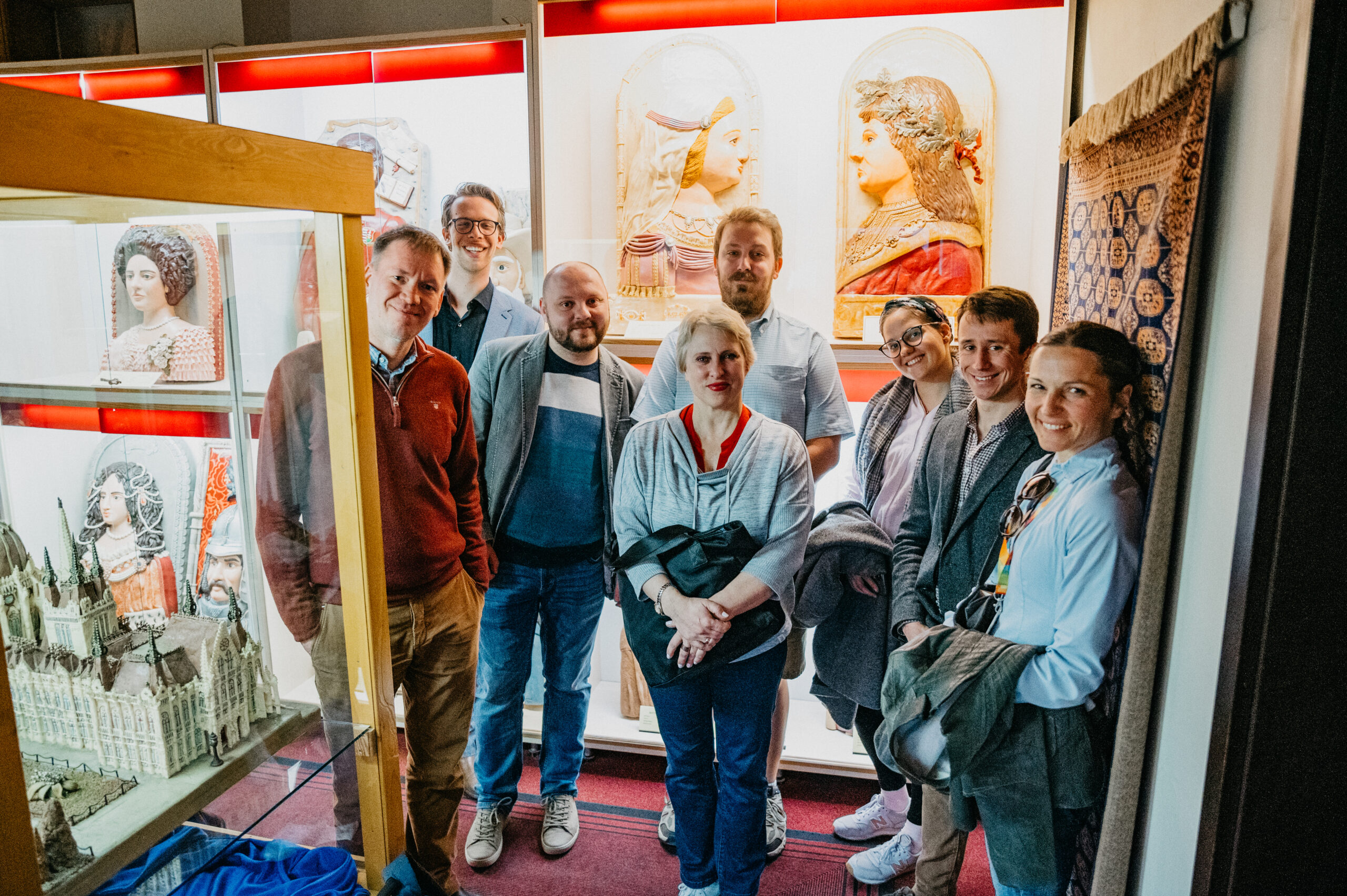
The Budapest Fellowship Program offers American scholars and professionals the opportunity to learn about Hungarian history and culture. The goal of the program is to cultivate the next generation of American policy professionals and equip them with a thorough understanding of Central and Eastern Europe (CEE) and Hungary.
Kelli Buzzard participated in the Budapest Fellowship Program from 2021-2022. During the fellowship, Kelli gained deep cultural experiences with intensive Hungarian language education. She conducted her own independent research project on the intersection of faith, culture, and public policy at her host institution, Matthias Corvinus Collegium (MCC).
In this interview, Kelli Buzzard tells us about her experience as a Budapest Fellow. She shares her perspective on the research project and the valuable knowledge she gained through the program. Kelli also provides her tips for prospective applicants interested in the Budapest Fellowship Program.
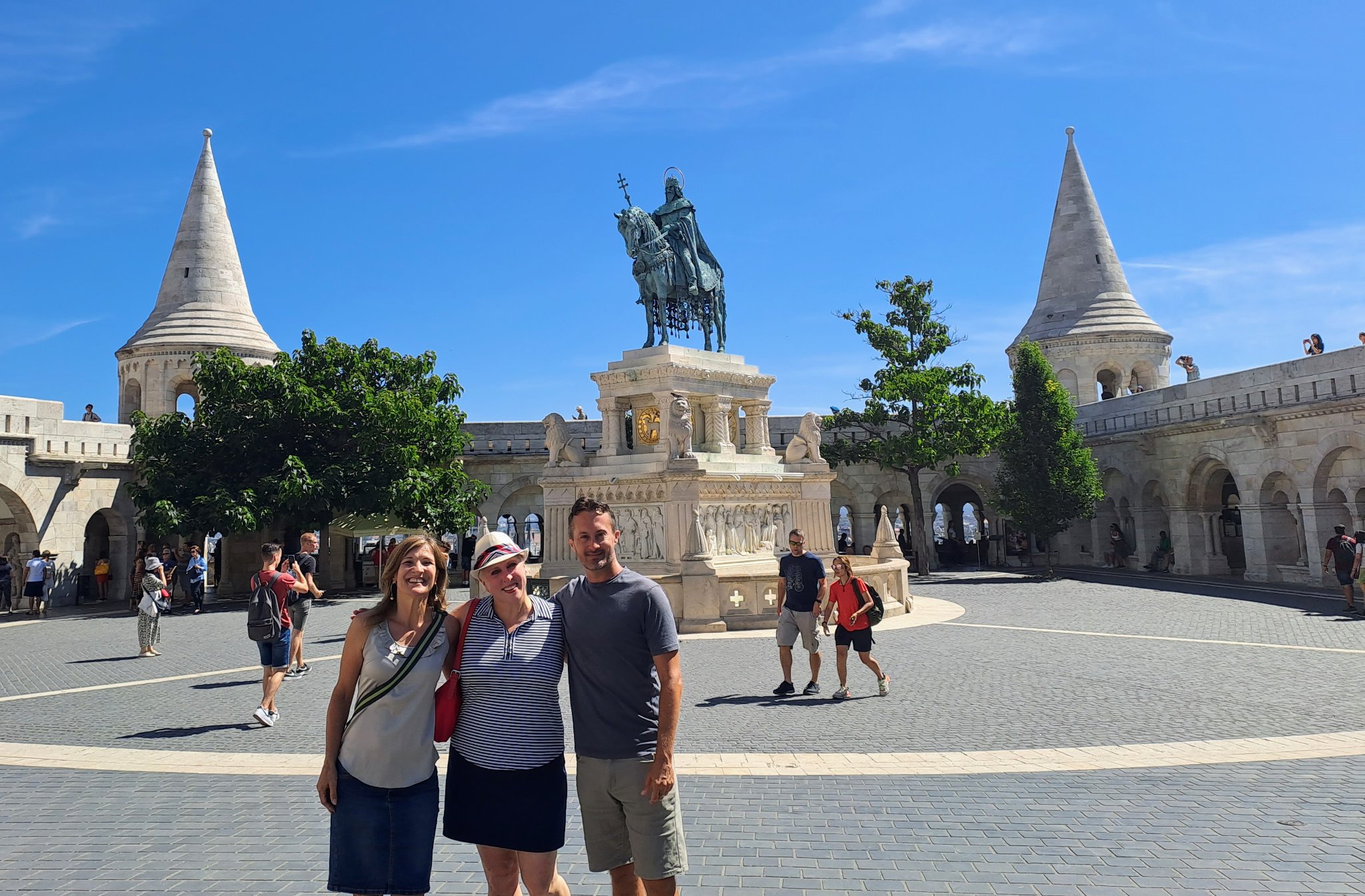
Tell us about your background and professional journey. What led you to the Budapest Fellowship Program?
The big ideas of life–God, truth, beauty, goodness–have always captured my moral imagination. Growing up, my mom instilled in me a love of art, music, theology, and culture, and my dad sparked in me a love of taking risks, working hard, and seeking adventure. Between high school and college, I tapped into lessons learned from both parents when I lived and worked in Central Europe and Japan. Entering college after that “gap year,” I knew I wanted to learn more about the world and develop skills to help people, so I studied history and communications. Upon graduation, I worked in a campus student ministry, first in the US and then internationally. I loved almost every minute of my work, but after several busy years, I needed to refresh my soul with learning, so I studied for an MA in Philosophical Theology and, later, an MA in the Great Books.
By 2021, when I discovered the Budapest Fellowship Program (BFP), the pandemic was underway in Western Washington State, where I’m from. I had been teaching school for several years, but when the Covid lockdowns hit, and schools went online indefinitely, I knew I needed a change.
I found the BFP opportunity online and was immediately impressed. I had never heard of a 10-month, fully funded professional fellowship of its kind, least of all, located in Budapest, one of Europe’s great cities. So I developed a proposal to study Hungary’s “historical churches” in the context of historical and cultural change, and it was approved. Within weeks of acceptance, I headed for the adventure of a lifetime.
However, little did I know just how special the BFP is. The program combines deep cultural learning with intensive Hungarian language study, weekly lectures on various topics, visits to charming towns and cities, private film screenings, and engaging book studies. It also allows fellows to participate in a host institution with a professional mentor and network, publish and teach within their research area.
Can you describe what a week in the life of a fellow is like in the Budapest Fellowship program? How did this opportunity allow you to advance your career and expand your professional network?
The Budapest Fellowship Program is designed according to a university term schedule, starting in September and ending in July. As such, in the autumn months, fellows settle into Budapest life and spend the first weeks touring the city, attending Hungarian history lectures delivered by top local scholars and public policymakers, and getting to know their assigned mentors. Next, fellows begin language classes, take a weekend cultural trip within Hungary, and familiarize themselves with their research institute–where they will work for the duration of the program. Soon, each fellow develops their work rhythm, attending all-BFP fellow events and classes but also attending weekly events, conferences, and discussion panels at their institute. At the same time, fellows begin to dive deeply into their research topic and begin publishing articles.
During the spring term, fellows continue to study, write, and research, but they add teaching to their schedule by lecturing or participating in panel discussions or debates. By the end, fellows have produced both popular and scholarly work in their chosen research area, gained invaluable professional skills, and expanded their professional network. Then, armed with new skills, friendships, and thinking, most fellows move on to other challenges and places. However, I loved the experience so much that I stayed in Hungary, participated in two other short-term fellowships, and now work full-time at a Budapest-based policy center.
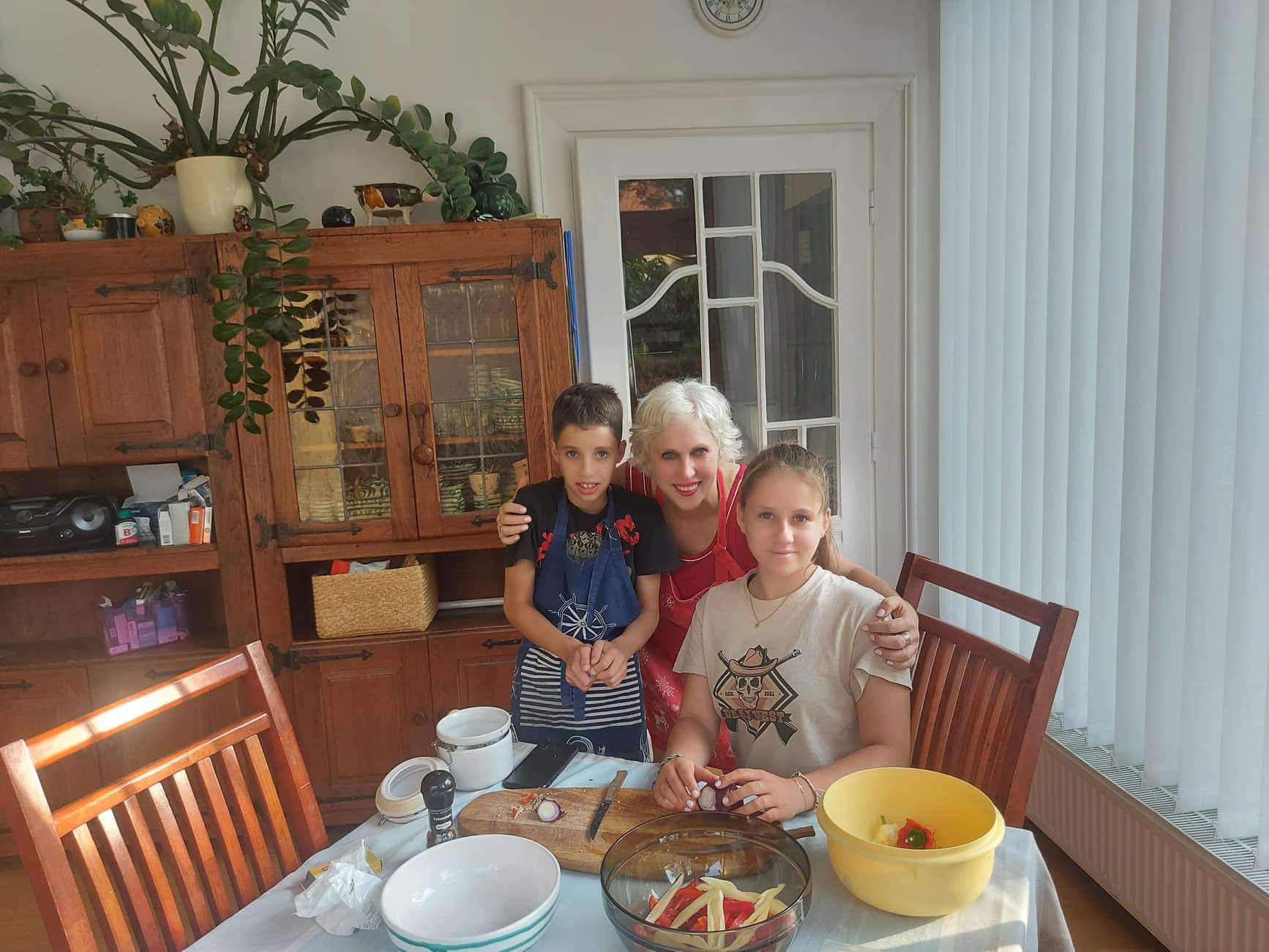
What was it like to work with a community of professionals and scholars with similar interests? What was your independent research topic, and why did you choose it? What was the research process?
The Budapest Fellowship Program’s sponsors, Mathias Corvinus Collegium and the Hungary Foundation designed the program to be unique. Each year just 4 applicants are chosen, so a sense of camaraderie develops because of the group’s small size.
The limited number also makes travel outside Budapest–including day trips, lecture tours, and festivals–a regular part of the schedule.
While fellows attend many weekly and monthly events together–such as book discussions, film screenings, and symposia–they also create a unique professional portfolio during the program. For example, I investigated the intersection of faith, culture, and public policy at my mentor institute, Matthias Corvinus Collegium. I met with my mentor regularly, collaborated with experts in my field, attended conferences on relevant topics, and learned how to get my work published.
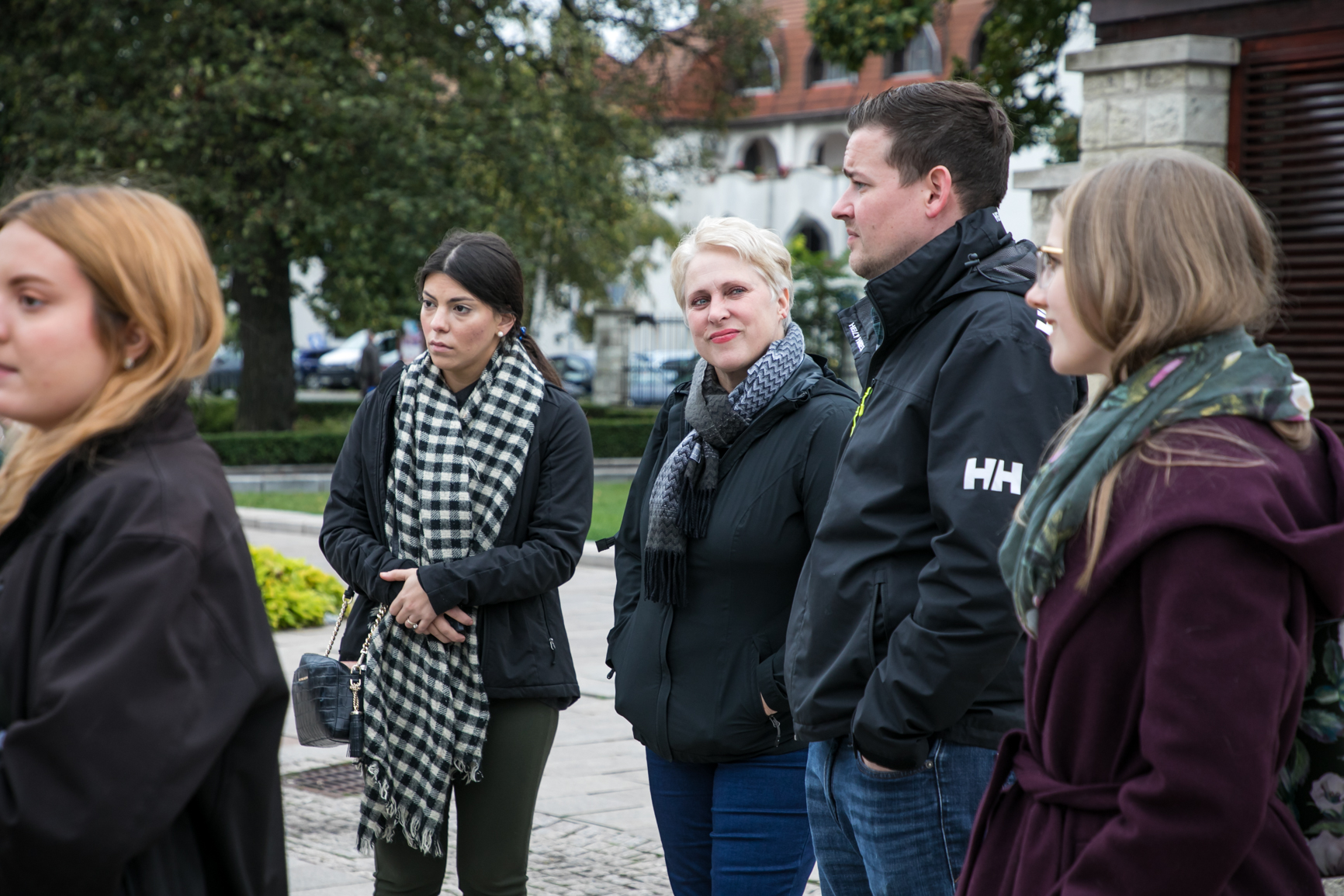
What advice do you have for others who are applying for Budapest Fellowship Program?
If the program interests you, apply! I nearly missed out on a spectacular experience because I thought I was not qualified.
Strike a good balance between social life and travel and your work. Depending on your personality, you might regret not getting out and doing more, or you might reach the end of the program with little done. So be diligent, but have fun!
Hungarian is a difficult language and can feel impossible to learn. Many locals will speak English with you, but resist the familiar urge to give up! It gets easier as you go, I promise.
The BFP is a unique professional fellowship because it is international, fully funded, and almost a year in length. So, approach it as a year abroad rather than a series of tourist stops. The most successful fellows throw themselves into local life as much as possible.
Interested to apply for this fellowship? Bookmark the Budapest Fellowship to your ProFellow account.
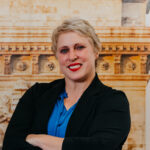
© ProFellow LLC 2023, all rights reserved